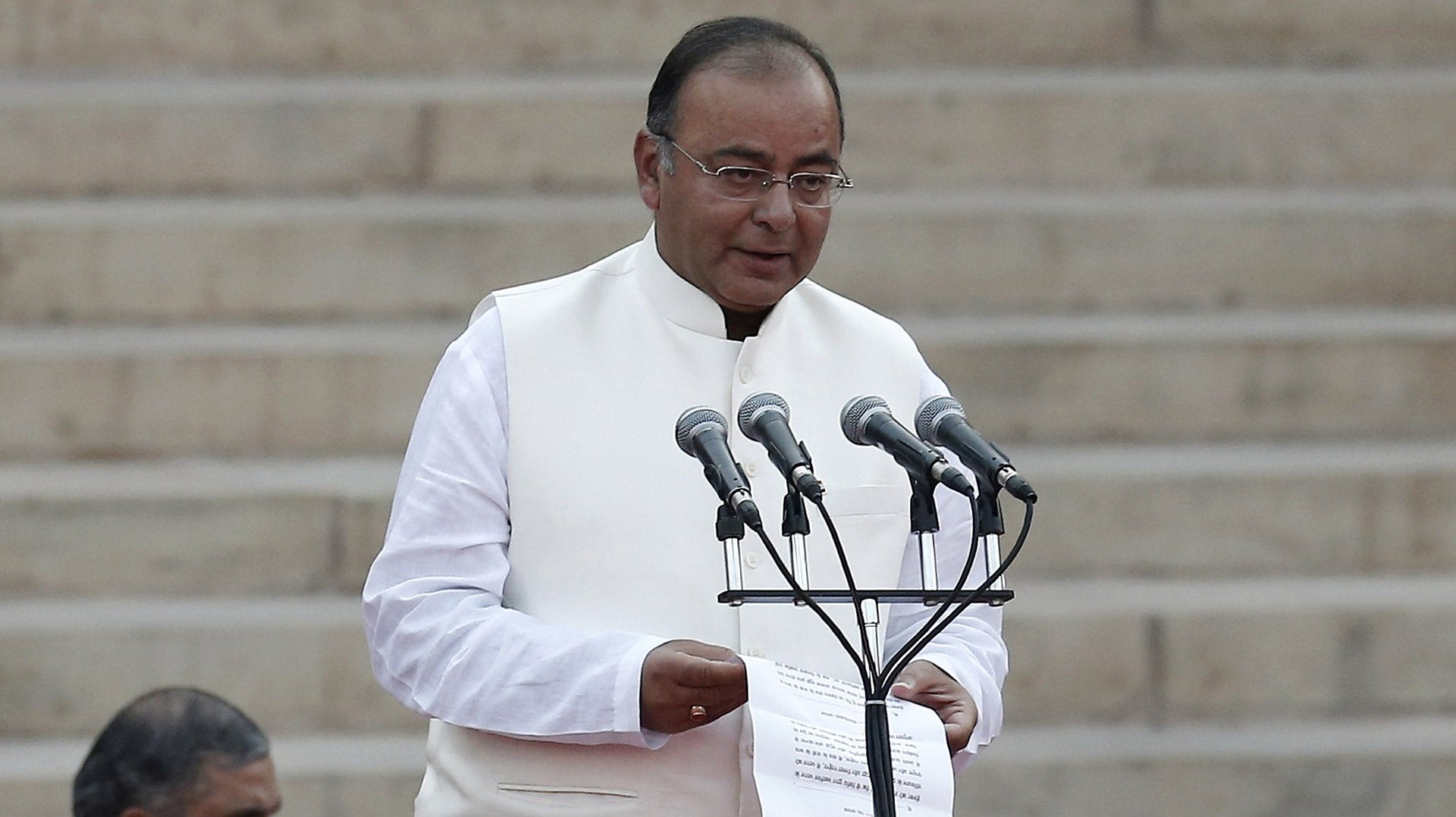Shakespeare to Stiglitz—the poets and philosophers quoted in India’s budget speeches
Thiruvalluvar, Rabindranath Tagore, Vivekananda, Kautilya, Joseph Stiglitz, Shakespeare—and even Deng Xiaoping.


Thiruvalluvar, Rabindranath Tagore, Vivekananda, Kautilya, Joseph Stiglitz, Shakespeare—and even Deng Xiaoping.
India’s finance ministers like to announce big measures or end their budget speeches—in which they imagine they have changed the course of history—with a flourish. Frequently, they turn to a small circle of illustrious poets and philosophers for wisdom, and to illustrate that their��facility with numbers also extends to verse. It’s also a cue for treasury benches to clap, helping those catching a wink to wake up.
Perhaps the most invoked in recent years is the Tamil poet and philosopher, Thiruvalluvar, an avowed favourite of former finance minister P. Chidambaram. His couplets have been quoted in almost each of the nine budgets that the Congressman has delivered in Parliament.
The most recent was in the interim Budget that Chidambaram presented this February:
“Vel Anru Venri Tharuvathu Mannavan
Kol Athuvoom Kodaathu Enin.”
(Not the spear but sceptre swayed with equity
Alone gives the ruler victory)
President Pranab Mukherjee, back in his days as finance minister, was partial towards Kautilya—or Chanakya, the ancient political scientist and author of Arthasastra. Most often, excerpts from his treatise on statecraft were employed by Mukherjee to ease into the budget’s section on tax proposals.
In the depths of the financial crisis in 2009, he read these lines:
“Just as one plucks fruits from a garden as they ripen, so shall a King have revenue collected as it becomes due. Just as one does not collect unripe fruits, he shall avoid taking wealth that is not due because that will make the people angry and spoil the very sources of revenue.”
Three years later in 2012, however, it was Mukherjee who amended the Income Tax Act with retrospective effect, making some foreign investors very unhappy.
That year, somewhat appropriately, a Shakespearean line, from Hamlet, was utilized: “I must be cruel only to be kind.”
“With this reminder,” Mukherjee continued, “let me now turn to the tax proposals.”
More traditional orators like the BJP’s Yashwant Sinha have settled with conventional choices—Tagore, Vivekananda, Hindi poet Ramdhari Singh Dinkar and his own prime minister, Atal Bihari Vajpayee.
But even Sinha let it flow, more than once, while gifting the film industry some budgetary sops.
Let me assure you that it would be our endeavour to support the entertainment industry “Dil Se” (from our heart), and I am sure that no longer would the industry have to ask the government “Hum Apke Hain Kaun” (who am I to you)?
Jaswant Singh, also from the BJP, was much more direct. Presenting his first and only budget in 2003, the former army officer sought succour in the realm of science.
It is not for nothing that even Albert Einstein had ruefully observed that he found ‘Income Tax the most difficult thing upon Earth to understand’.
Expectedly, over the years, Mahatma Gandhi and Jawaharlal Nehru have been mentioned liberally. But since 1996, it’s to Chidambaram’s credit that more diversity has been introduced: Economists Muhammad Yunus and Joseph Stiglitz, and Chinese leader Deng Xiaoping have been cited.
And probably the only woman an Indian finance minister has quoted in almost two decades—Indira Gandhi, by Chidambaram.
Then again, there have been budgets where finance ministers have resisted all such temptations, and kept it rather straightforward.
Which way will the erudite first timer Arun Jaitley go?